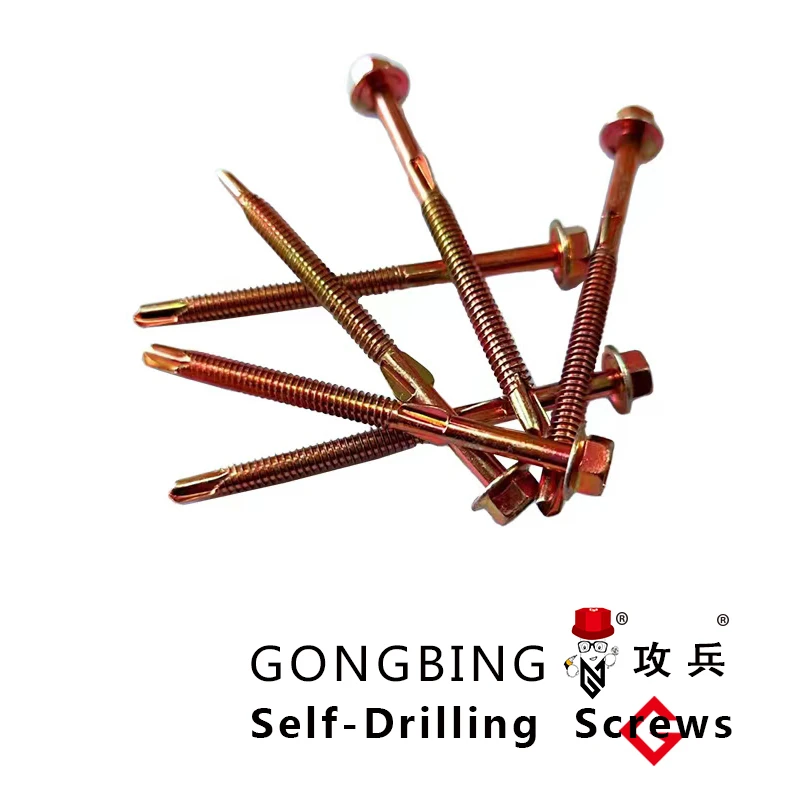chemical bolts
The Role of Chemical Bolts in Modern Engineering
In the realm of modern engineering, the continuous demand for innovative materials and technologies has propelled the development of specialized fasteners such as chemical bolts. These advanced fastening solutions are not only designed to hold materials together but also to enhance the overall performance and longevity of structures in which they are used. This article delves into the concept of chemical bolts, their applications, and the benefits they bring to various industries.
Understanding Chemical Bolts
Chemical bolts, often referred to as chemical anchors, are a type of fastening system that utilizes chemical adhesives to bond with substrates such as concrete, masonry, or stone. Unlike traditional bolts that may rely solely on mechanical friction to maintain a secure hold, chemical bolts leverage the strength of an adhesive compound to create a robust and durable connection. This approach offers several advantages, particularly in challenging environments where conventional fastening methods might fail.
Composition and Functionality
The primary components of chemical bolts include the bolt itself, a resin cartridge, and a hardener. When the resin and hardener are mixed at the time of installation, a chemical reaction occurs, resulting in a strong adhesive that nononly fills the gaps between the bolt and the substrate but also forms a solid bond that enhances load-bearing capabilities. This chemical process distinguishes chemical bolts from traditional mechanical anchors, making them more suitable for situations involving dynamic loads, vibrations, or extreme environmental conditions.
Applications Across Industries
Chemical bolts find their applications in a diverse range of industries, from construction and manufacturing to automotive and aerospace. In the construction sector, they are commonly used for
1. Heavy Structural Support Chemical anchors are ideal for securing heavy machinery, storefronts, and structural beams due to their ability to hold significant weight without loosening over time.
3. Anchor Points in High-Risk Areas Industries such as offshore oil drilling and underwater construction utilize chemical bolts to create secure attachment points in environments where corrosion or movement of materials is a constant concern.
chemical bolts

4. Utilities and Infrastructure Chemical bolts are often employed in the installation of signage, utilities, and safety equipment, ensuring they remain firmly in place under various load conditions.
Advantages of Chemical Bolts
The benefits of utilizing chemical bolts extend beyond their strength and reliability. Here are some prominent advantages
1. Enhanced Load-Bearing Capacity The chemical bond formed can withstand higher loads compared to standard mechanical anchors, making them preferable for heavy-duty applications.
2. Resistance to Environmental Factors Chemical bolts are less susceptible to corrosion, chemical reactions, and environmental degradation, which makes them suitable for outdoor and harsh industrial environments.
3. Improved Aesthetics Since the installation of chemical bolts can be cleaner—often involving smaller holes and less visible hardware—engineers and designers can maintain aesthetic integrity in architectural projects.
4. Versatility of Use The adaptability of chemical bolts allows them to be used effectively in various materials, including concrete, stone, and lightweight substrates, broadening their applicability.
5. Easy Installation Chemical bolts often require less labor and fewer materials for installation, making them a cost-effective option for many projects.
Conclusion
As industries continue to evolve and the demand for robust, innovative fastening solutions increases, chemical bolts will remain at the forefront of modern engineering practices. Their ability to provide superior strength, resistance to environmental factors, and overall versatility make them indispensable in a variety of applications. Whether in high-stress construction environments or the automotive and aerospace sectors, chemical bolts demonstrate how advancing technology can enhance traditional practices, ensuring safety and durability in a rapidly changing world.
-
Weatherproof Plastic Expansion Anchors for OutdoorAħbarijietJun.06,2025
-
Sustainability in the Supply Chain: Eco-Friendly TEK Screws ProductionAħbarijietJun.06,2025
-
Load-Bearing Capacity of External Insulation FixingsAħbarijietJun.06,2025
-
Double Head Bolts: Enhancing Efficiency in Industrial MachineryAħbarijietJun.06,2025
-
Corrosion Resistance in Chipboard Screws: Coatings for Wholesale DurabilityAħbarijietJun.06,2025
-
Butterfly Toggle Bolts : Enhancing Structural ResilienceAħbarijietJun.06,2025
